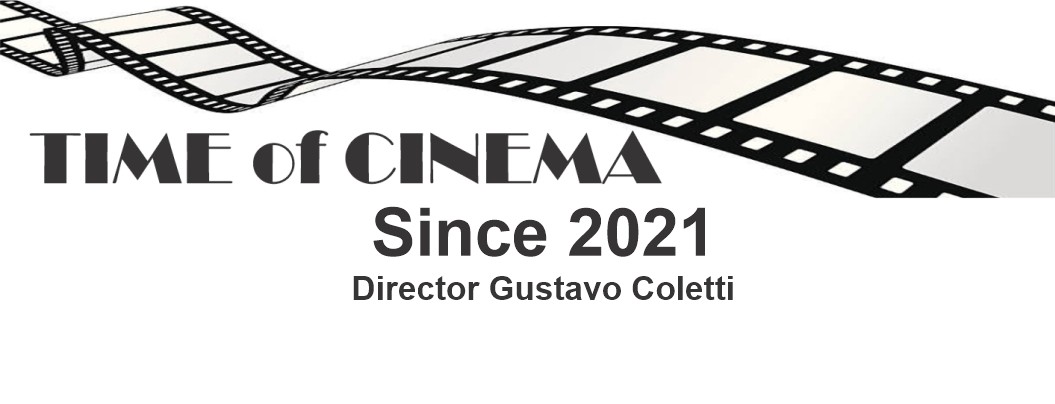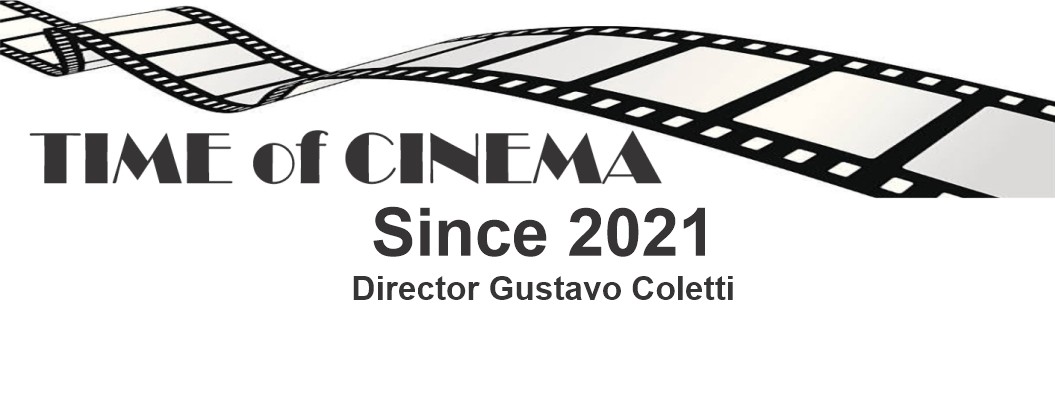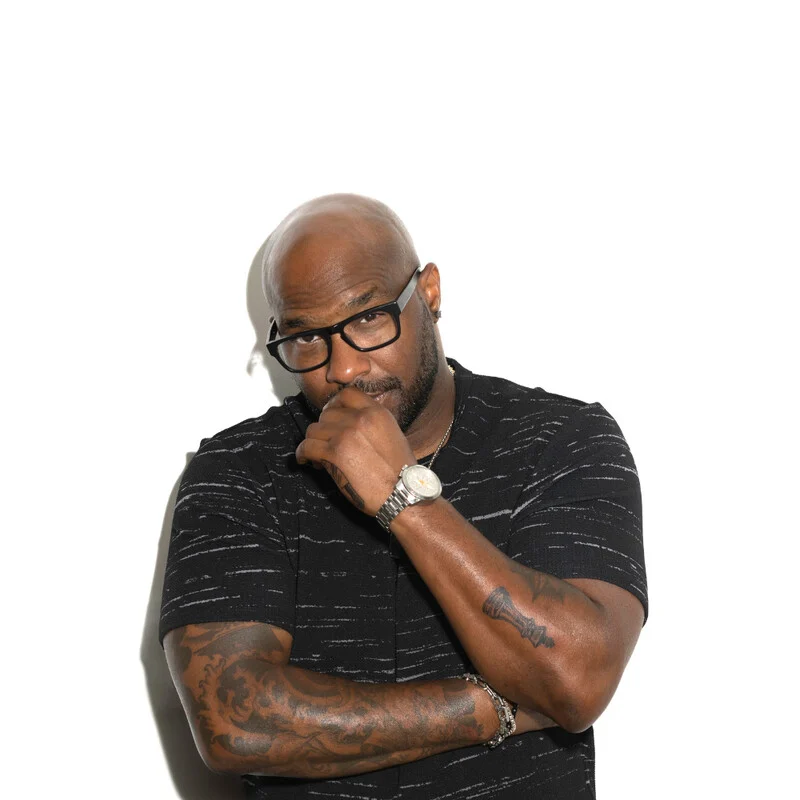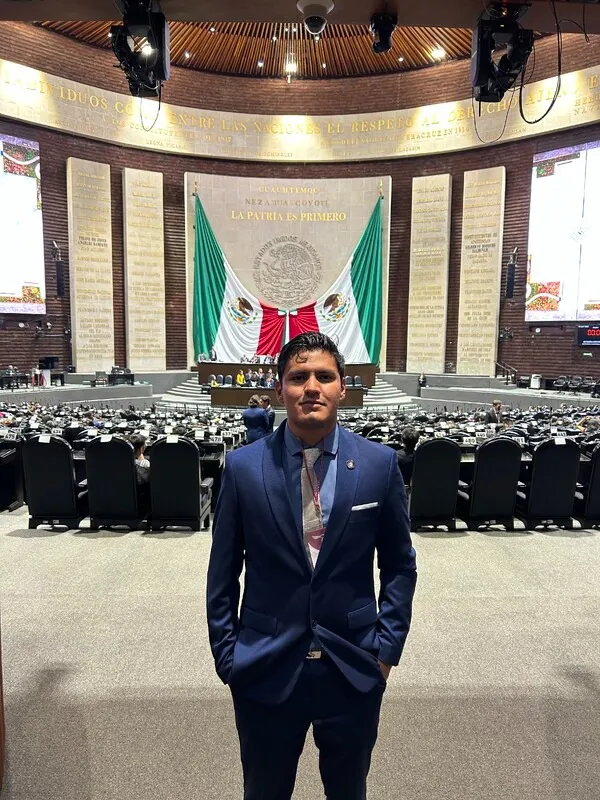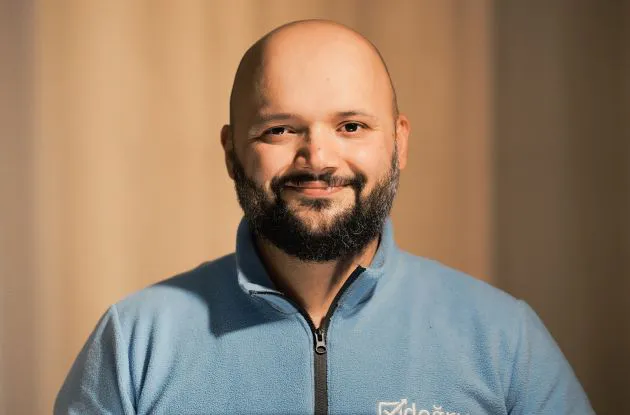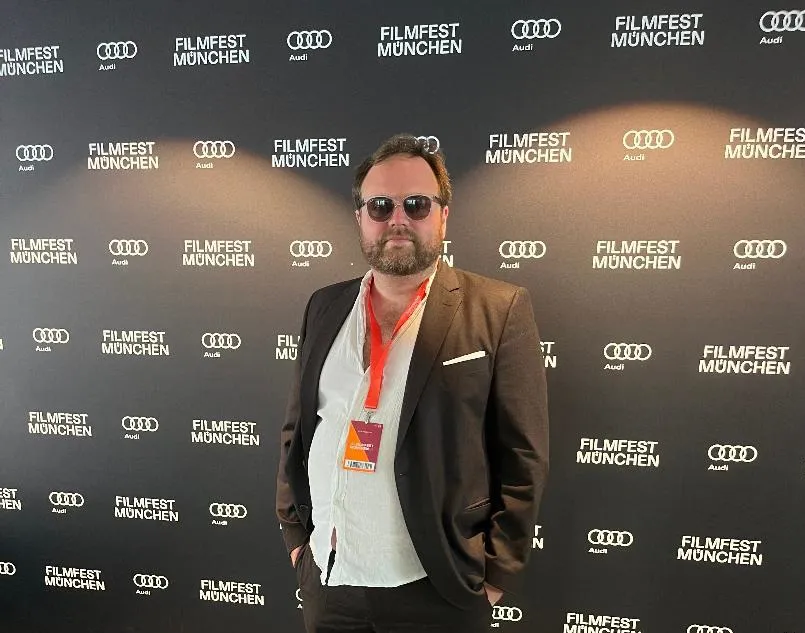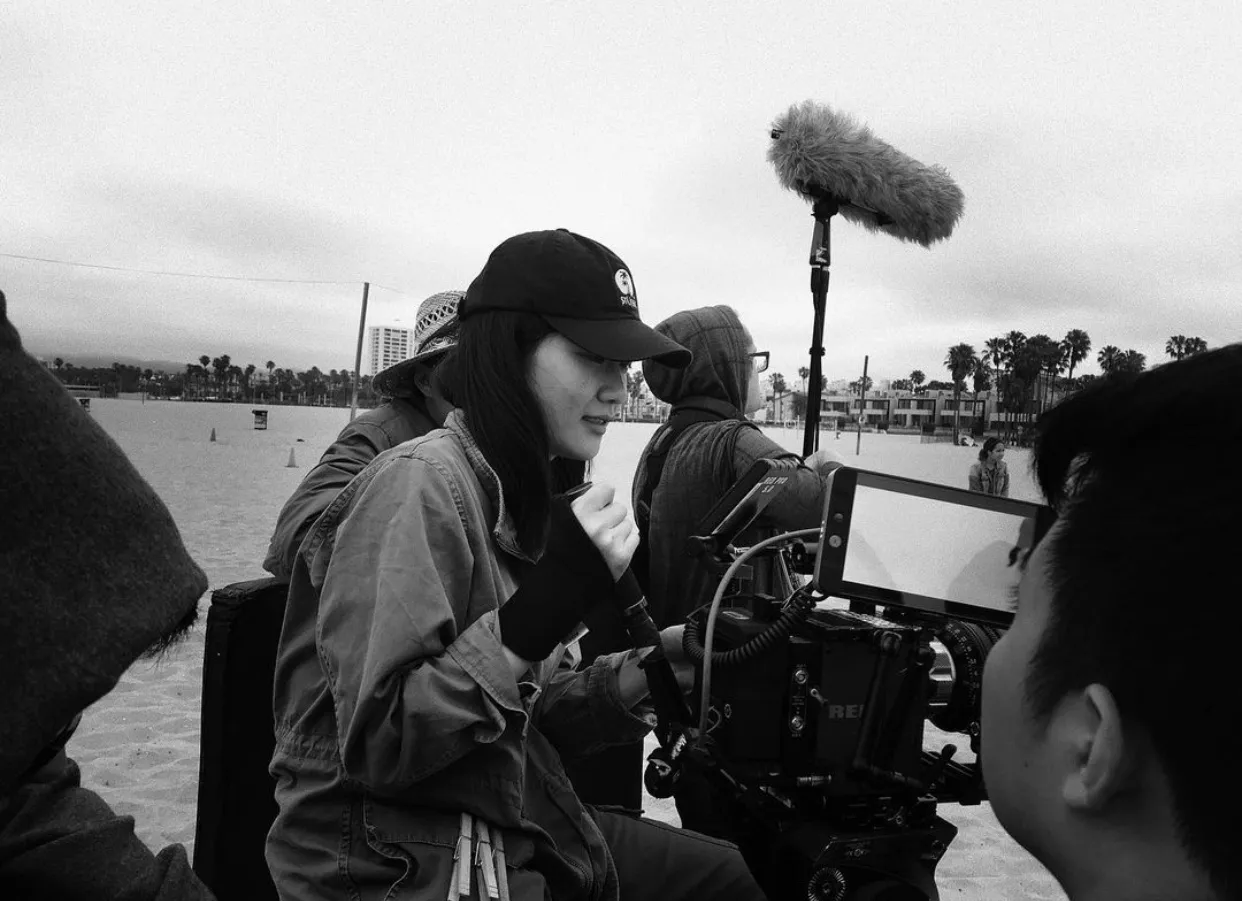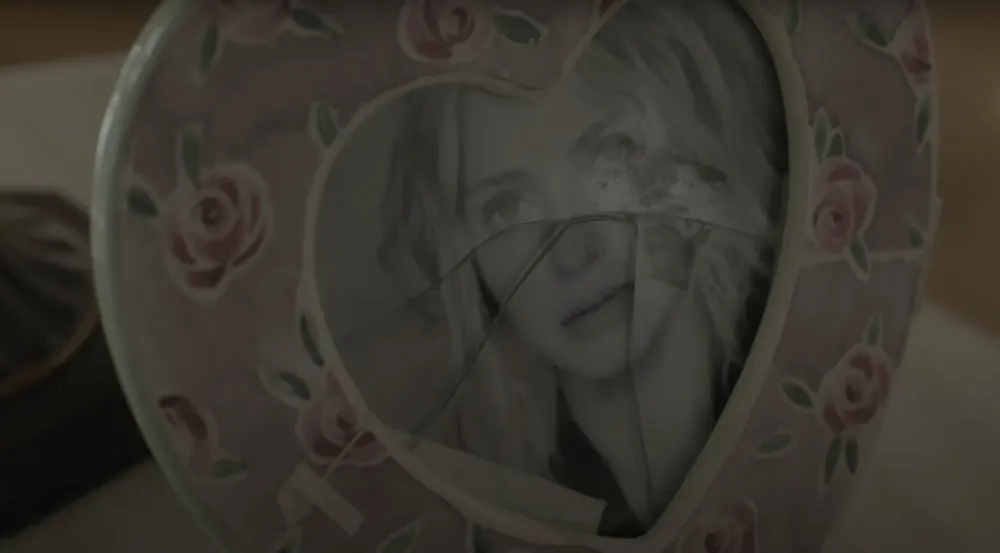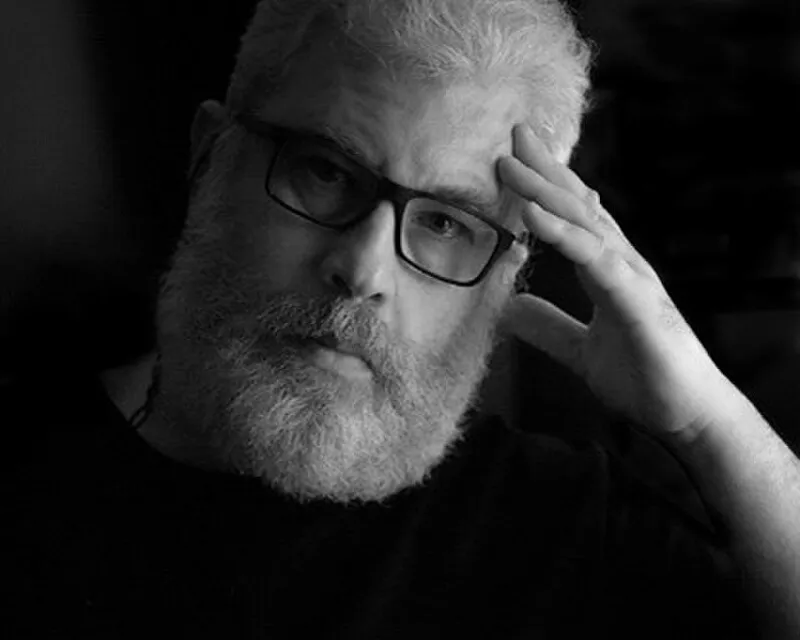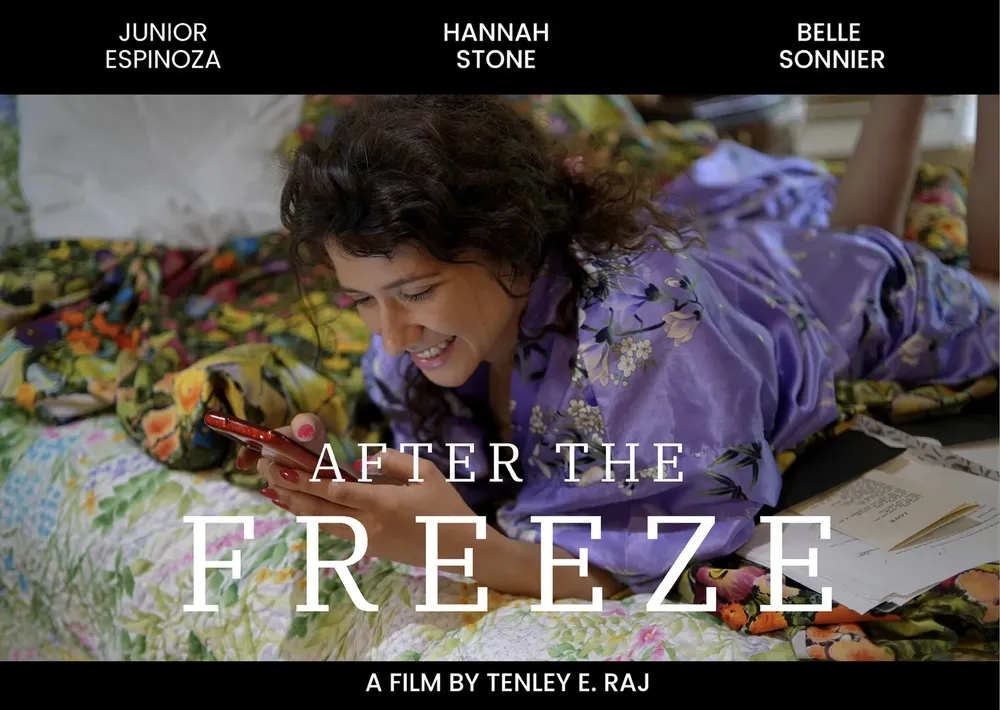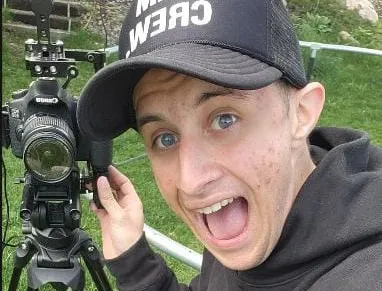
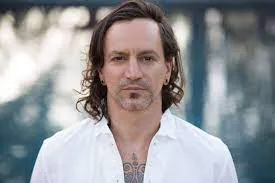
After watching “Seductive Devotion,” I tried to interview Destin Gerek. Through the film that competed at the Art Film Festival held this year in Buenos Aires, Argentina, I had access to a new way of understanding male sexuality, in a short film of excellent quality and high aesthetic sense.
TOC – Hello Destin, I see that you exercise an important leadership on issues related to sexuality. Can you tell me a little about the process that led you to that position?
Growing up in a broken home, I lacked healthy relationship models. When in high school, and began my first sexual relationship and fell in love for the first time, I was unprepared for the intensity of emotions it stirred up.
Then my high school girlfriend was raped and I learned early on that sex could be both the source of such incredible pleasures, as well as the cause of intense pain.
I went to NYU for undergrad, focusing my studies on human sexuality through a sociological and psychological lens.
Later, I attended a master’s program in Human Sexuality at SFSU before switching over to the Institute for the Advanced Study of Human Sexuality to become a Certified Sexologist.
Meanwhile, I was facing my own difficult journey around Sex and relationship. As I’d find myself in intensely passionate relationships that would turn horribly toxic, and I couldn’t understand why. One painful relationship after the next, had me in an agony that I needed to find better answers than what mainstream society was providing me.
From there I went deep into Tantra and the intersection of sexuality and spirituality. I spent the next seven years exploring a wide range of eastern and esoteric approaches to sexuality.
As I continued to develop my work over the years, it became clear that I was finding real answers that were proving both transformative in my own life as well as valuable for so many others in improving their own, as well.

TOC - What prompted you to venture into the cinema?
When I committed to forging a healthier masculinity and sexuality 17 years ago, I struggled to find relatable role models. Ultimately, I challenged myself to become the example that I wished that I had.
I have had intense romantic and sexual experiences that have utterly transformed my very understanding of both the world and myself. I wanted to convey a taste of what I'd discovered to others. Cinema seemed a potent medium for doing so.
TOC – Your film does not look like something academic, but exhibits a refined and poetic aesthetic. Are you othe path of cinema as art?
Definitely. I consider myself an artist as one of my core identities at this point. Art is powerful and can be transformative. Personally, if that isn’t the goal, then why bother?
TOC – Tell me about your studies.
I have a BA from NYU, majoring in Sociology with a minor in Psychology and a concentration in Human Sexuality. I was six months shy of completing an MA in Human Sexuality at SFSU when I transferred to the Institute for the Advanced Study of Human Sexuality to become a Certified Sexologist. I'm also certified through the American College of Sexologists International.
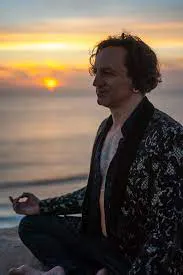
TOC - Do you think we are experiencing a change in heterosexual relationships?
Definitely. What that change is of course is debatable. Currently there is rampant distrust and blame between the genders. However, the darkest times can spur major growth. I see a possibility in which we find new ways of relating with one another rooted in deep honor and reverence of who each other are and can be and the unique gifts we can bring to the world. One that values the masculine and feminine essence that exists within without being held to any rigid sense as to what that means you are supposed to be. Where these masculine and feminine energies are something that we feel free to play with, explore, and enjoy rather than something that confines us by rules imposed by others outside of ourselves. Yet at the same time, when we are no longer confined nor in reaction against pressures to conform, there is an opportunity to find an authentic and powerful relationship to these energies that exist within each of us. This could finally heal the schism and create true harmony between men and women.
TOC - Where did you grow up and when did obvious interest for cinema begin?
I grew up in a working class suburb of Long Island, NY. Honestly though, I did not expect to find myself producing films. It wasn’t until adulthood that I started to see film as a medium to enact change.
TOC - Did you study cinema?
Nope. Though I did go to NYU, so I was surrounded by many film students! Aside from that, what I know about filmmaking has come through trial and error.
TOC – Are influences visible in your work?
Those who are connected to such things likely recognize the influences of both Tantra and some stylistic influences from my years being a part of the wider Burning Man community.
TOC - Are you interested in cinema as some form of activism?
I suppose you could say that. I tend to think of it more as creating visions of possibility that inspire the audience to imagine something different for themselves than what we are typically presented with. And through that, may it catalyze change.
TOC - What was the job that gave you the most satisfaction?
The core of my work is grounded in a sense of mission. Whether it's through my training programs, my book "The Evolved Masculine," or now through my film "Seductive Devotion," the feedback I receive on a regular basis about the impact of my work is deeply gratifying.
TOC - What are you working on right now?
I am about to relaunch my Sexual Self-Mastery training for men. Shooting sexy real footage for this program is part of how I developed my skill and confidence to make a short film capturing raw, real sensual connection.
And then of course, I have several followup film projects that I am currently fleshing out. These will continue to lean into the erotic as I believe this is an area that we as a society most need new healthier models to draw from.
TOC - Do you have a feature film project?
Not yet, though I am the subject of an upcoming documentary on modern male sexuality. I'm pondering if a feature is the right path or if film can be used in other impactful ways that defy tradition. Time will tell...
TOC - What are your goals in cinema?
I believe intimacy and sexuality can be far richer than typical portrayals. As a species, we often emulate what we see modeled. Cinema powerfully shapes our psyche and sense of possibility. My goal is to inspire relating with more reverence, healing the gender divide to find true harmony.
